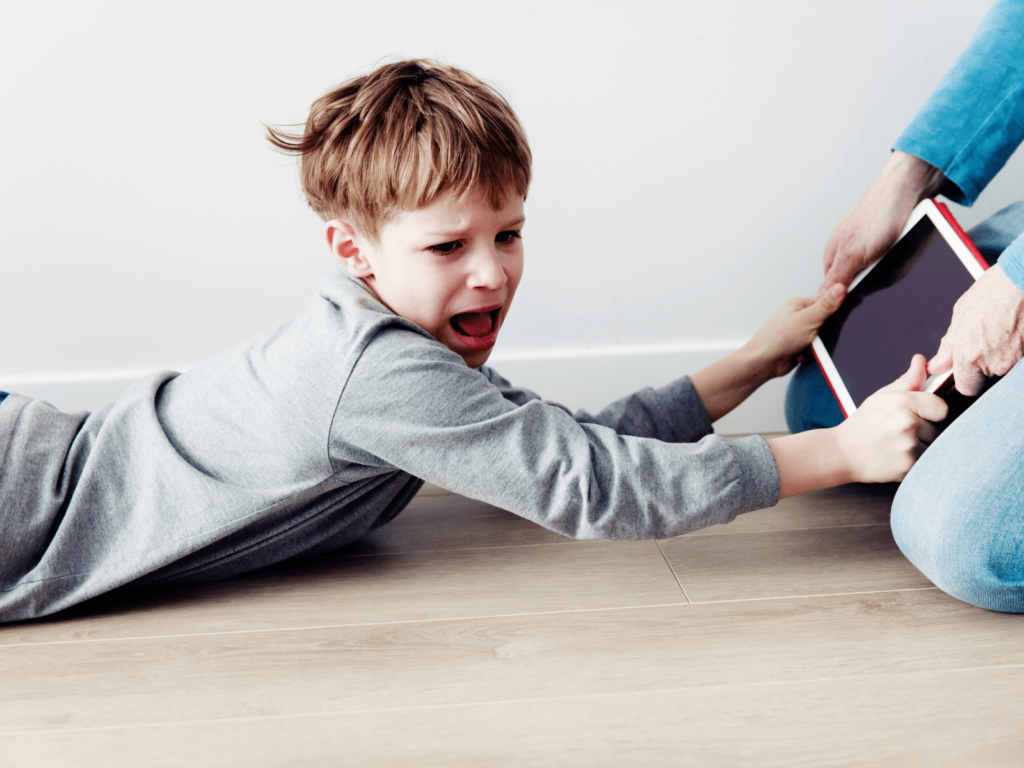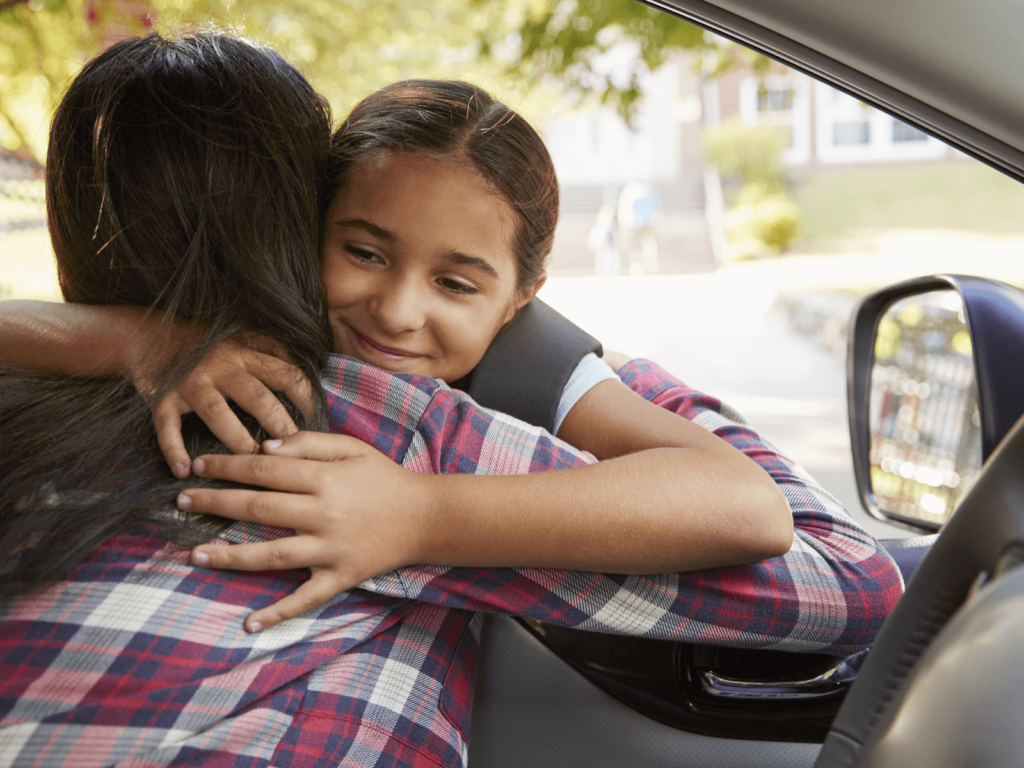Divorce affects everyone in the family unit, but kids have it tough. They’re hardly ever the cause of a divorce, yet they commonly internalize the blame and guilt of a separation. It’s an adjustment they weren’t prepared for and don’t have a choice in. A child’s well-being needs to be prioritized in divorce proceedings.
Unfortunately, according to the American Psychological Association, around 40-50% of marriages end in divorce. Therefore, 50% of children will experience their parents getting divorced. We know this is an important topic to discuss, as it impacts the mental health of future generations.
We asked Lily Snodgrass to chime in on the topic of helping children through a divorce. She’s been an associate at Kenosis for two years, and she specializes in trauma, PTSD, anxiety disorders, and people going through life transitions. Lily frequently works with kids and parents going through divorces, advising them on how to make the transition easier for everyone. She shares her advice for how to help kids through a divorce in this article.
How Kids Are Affected by Divorce
Divorce is a huge adjustment for kids and parents alike. Home life, visitation, and daily schedules can be disrupted and changed. Lily explains, “If they’re old enough to understand the separation, it’s a huge rupture in what they’ve always known. They’ve always had two parents present, so living with only one parent or doing visitation is a big deal.” It can be very unsettling to experience these major changes in their day-to-day life, from having both parents at home to suddenly switching houses.
This sudden change can be traumatic for some kids, especially if there’s conflict between the parents. Children will experience a wide array of emotions and reactions, including grief, fear, sadness, anger, abandonment, and isolation. Lily adds, “If these symptoms aren’t addressed, longer term, they can turn into anxiety, depression, or other issues within their life.“
Along with heightened emotions comes the potential for behavior changes. While it depends on the age of the child, Lily sees these behavior issues in children going through a divorce:
- Acting out
- Withdrawal from their normal behaviors (an example would be a child who used to be a social butterfly may become suddenly shy and quiet)
- Grades dropping
- Younger children may experience regression (for instance, if you have a child that recently potty trained, they may regress and start wetting their pants again)
- Separation anxiety
- Changes in eating and sleeping behaviors
- Depression
- Possible engagement in risky behavior, like dipping into drugs and alcohol (specifically teens and young adults)
While the signs can range by the child, observe their behaviors, as it could indicate how much they’re struggling with the divorce.

Making the Divorce Transition Easier on Kids
Divorce is no easy transition, but there are ways to make it easier on your kids. Lily recommends two tools: Effective co-parenting and maintaining structure.
Effective Co-Parenting
Divorce is messy, but remember your child didn’t choose this. They still need relationships with both parent figures. It’s natural to feel upset with your ex-partner but keep your emotions from your ex at bay around your children.
Lily explains, “I tell parents with divorce, there can often be a ‘me versus you’ mentality. This can lead to many arguments and labeling things as right and wrong or good and bad. This just is not a good environment for kids. Prioritizing the kids is the main thing that should be done when people are going through a divorce.”
Lily always suggests never talking badly about the other parent in front of the child or other people who may interact with the child. Lily explains, “Do not involve children in adult discussions or conflict. Do not ask their opinion. Do not try to manipulate and sway their thoughts about the other parent. Don’t argue or cause conflict during exchanges. That’s something that I see a lot. Exchanges are already stressful for children, so adding arguments or other concerns isn’t good.”
Remember, your ex-partner is still important in your child’s life. Honor the other parent in their role. Even if you don’t like them regarding your relationship, they are still the child’s parent.

Maintaining Structure and Normalcy
Kids thrive off structure and routines. Divorce disrupts everything in their life, so maintaining as much structure and normalcy as possible is key to helping kids through a divorce. One way to do this is to set up a regular visitation schedule and stick to it. Allow quality time where the child can engage and connect with each parent.
Lily also suggests, “Discuss your child’s feelings with them. Provide reassurance that this is an adult issue, not something the child did. A lot of kids will internalize that they did something wrong.” Separation is now their new normal, so allow them the space to process and be there for them as much as you can.
Don’t Forget Yourself
While it’s important to prioritize your child’s emotional, mental, and physical well-being, yours is just as important. Lily shares, “I recommend all parents attend some kind of counseling, use their support network they can confide in, and talk about this transition. Also, be gentle with themselves. It’s not just about the kids; this is also a huge adjustment for the parent. Have patience and grace with yourself that there will be bumps along the road. You’re just doing the best you can.”
Divorce is never easy, and there are so many factors involved. That’s why it’s best to attend counseling, so your counselor can address your specific situation. If you’re going through a divorce or are thinking about it, reach out to us. We’d love to connect you with one of our many amazing counselors to help you through this major life transition.

